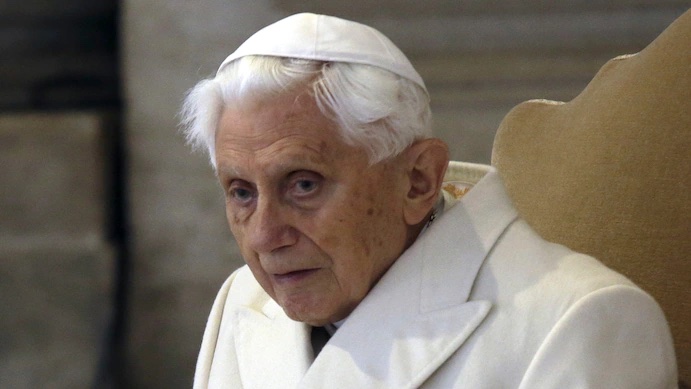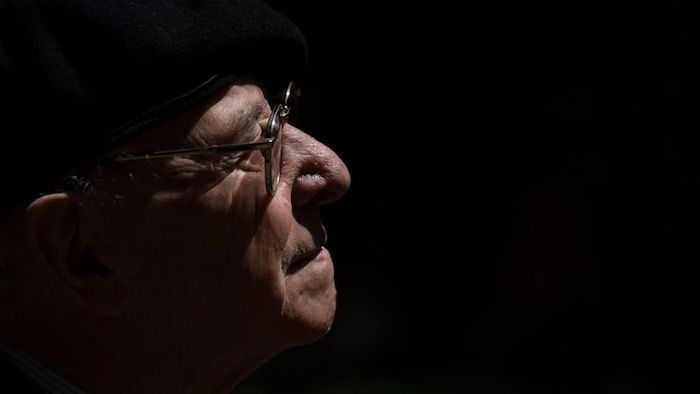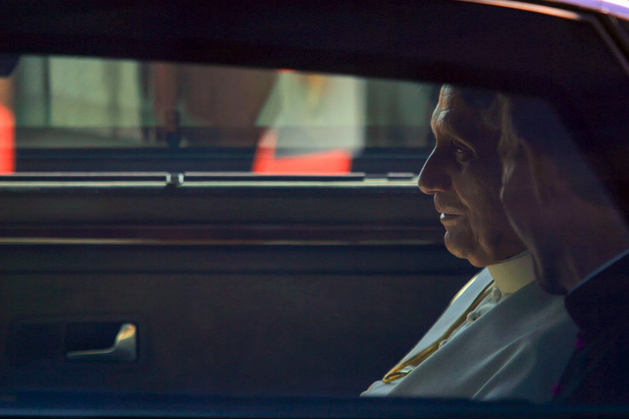The power that a seminary faculty has over students would never be accepted in a state run institution.

by Brian Devlin
St Andrew’s College Drygrange was the main seminary for the east of Scotland. When I entered in 1978 it had just celebrated its 25th anniversary. It was a curious place, a gay community in everything but name, but a self-loathing gay community.
Not everyone was gay. And the ones that were gay pretended that they weren’t. Except when they didn’t. Towards the end of my time there a student in the year below me told me that he and his pal had been working their way through the student list the night before – a common pastime back in the day – deciding who was and wasn’t gay. When they came to my name they concluded: “Brian isn’t gay, but he wishes he was.”
I suppose Drygrange was not atypical for its day. I look back on it now with some fondness. But that’s not my dominant emotion. No. Largely I look back on it and I tremble inside. I look back and I see now that it was where I first understood what others having power over me felt like. Raw. Fearful. Relentless.
**************
In my first year, seeking out friends, a group of us gathered in a more senior student’s room. He lived in a dark and eerie part of the “old house”. We talked, as we drank our “camp coffee”, of seminary life. He was a fan of Leonard Cohen who was playing in the background. A head in an unmade bed, as I misremember. A tabernacle had been stolen from a nearby chapel. Satanism. It had to be. Then he told us a secret. We were to keep it to ourselves. The year previously a student had died from suicide. It was a horrible and painful death. The student body had all been called together to pray for their fellow seminarian. They were warned never to speak of this incident again, the student said.
“Hey that’s no way to say goodbye,” Leonard sang
My Irish family has a phrase: “Pass no remarks.” It’s a toxic sentence. It’s a bystander motif. Say nothing. Gaze at your shoes. Kick the tyres and walk on. Because if you say something, anything, you draw attention to the very thing those in control want to be covered up. In this case the death of a young student priest by suicide. Imagine the scandal if the people knew. No reflection, no discernment. And absolutely no learning. The seed of the abuse of power is pressed into the earth by seminary faculty undoubtedly under the control of the bishop in charge.
In seminary the first lesson learned is to maintain the reputation of the institution and, at all costs, avoid scandal. Power and authority is used to quash anything that might threaten this unhealthy equilibrium.
Twice a year seminarians observed the closed door of the staff room. At the end of the first and the third term, after exams, students faced the scrutinium. Behind the door all of the faculty gathered and, like my student friend, they too went through the list of seminarians. But this process was different. This process was to weed out those deemed unsuitable – those who didn’t have a vocation. Now of course, someone has to do it: the scrutinising. But, in all charity, the faculty that I trained under were not the deepest thinkers by and large. These were not profound men. Many of them were institutionalised and embittered with their lives. The thoughts of this scrutiny induced panic in me. “Have I offended any of the staff? Did I displease him? Did I not respond correctly? Will I be kicked out?” Many students were sent packing. There was no appeal. No process of scrutinising the scrutinisers. The students were just dismissed. So you learn about power more than you learn about beatitudinal love in a situation like that.
The power that a seminary faculty has over students would never be accepted in a state run institution. It’s final, and it is ruthless. And inherent within is its ability to be manipulated into a sexual predator’s playground
You learn, when the college spiritual director slips his cold hand under your shirt onto your naked back as he embraces you after confession, to keep your shock hidden. When he caresses your thigh and arm in his car as he drives you somewhere in the dark, you know to keep silent. And as he pulls you onto his knee, after night prayer and tells you he loves you, suddenly you know that he’s a conman and that you’ve been fooled. You’ve nowhere to take that because a quiet word from him into the scrutinium and the pronouncement will be made, that all of a sudden you don’t have a vocation after all. Nothing to do with God, this decision. Everything to do with human manipulation. And obedience to the bishop in charge.
Then…then as a you trudge wearily through seminary, through all of the “ologies” and the “isms” and scrutiniums and you become ordained a priest and you learn that the spiritual director who humiliated you is to be made your archbishop – and eventually cardinal – you look at your seven years of seminary “formation” and your few months as a priest and you realise that it’s nonsense. This construct, this artificial, exhausting, unedifying seminary experience has left you empty. It’s all been about power. You’ve never sought any nor had any. But you’ve been at its mercy from day one.
When Pope Francis talks about the scourge of clericalism we need radically to look at where clerics are made. We need to ask, on the basis of the exceptionally poor bishops many Catholics have got, and the new generation of hyper-conservative, liturgical-queen-priests flowing into parishes, if seminaries are the best way to train priests for modern ministry. A blend of academic and pastoral experience in parishes or specialised ministries might be more appropriate, certainly for the secular priesthood.
*********
I decided, when Keith O’Brien became Archbishop of St Andrews and Edinburgh archdiocese that, as Freddy Mercury sang: “I’ve got to break free.” But the seminary had one last throw of its loaded dice. Despite taking all my government grant money year in and year out it awarded me no recognised academic degree. This, I was told, was a managed strategy to stop priests leaving the priesthood. I still left though. I went on the dole and saw the faces of people who’d seen me at confession a few days previously look askance. But that academic imprisonment can be a clincher. That shows the cold, dank oppression of the seminary system in my day. A system that was rotten through and through. How many men could and should have left the priesthood but had nowhere to go?
I know that “things are different now”. The hierarchy says so on a routine basis about clerical child abuse. “We’ve learned our lessons.” I don’t believe them though. When I told my 91-year-old mother that I was writing a book about whistleblowing on Cardinal O’Brien, she said: “Ach Brian. Be careful. Check the brakes on your car every morning.”
All that is different now is cosmetic change. Power abuse is in the DNA of the hierarchy. It’s their currency. Like a crime gang they operate within their own rules. Bishops and cardinals and even popes, as we’ve just seen with Benedect XVI’s “non-apology” apology over his part in organisational malfeasance, know each other’s secrets. They know each other’s weak spots. And that’s where their power resides. Jesus did not preach: “Blessed are those who hold the Omertà close to their hearts,” but observing the hierarchy you’d think that was his most important beatitude. The abuse of power is seen up close in the seminary system. People learn from their teachers for good or ill. There must be a better way to create a beatitudinal Church.
Complete Article ↪HERE↩!




